The ESS ILO Network: Engaging with Industry
In September 2013 the European Spallation Source (ESS) launched its Industrial Liaison Offices, or ILO, network to establish two-way communication with key stakeholders. This direct engagement with industry enables companies to maximize the benefit from ESS procurement opportunities and R&D partnerships, and for ESS to integrate the companies’ know-how into the construction of the facility.
ILO officers meet on a regular basis to share information about their respective national organizations, discuss in-kind opportunities and address questions to ESS management.
ESS has recently collected input from industrial liaison officers to better shape future initiatives. The initiative has allowed ESS to learn more about ILO expectations and to promote a better understanding of national innovation mechanisms among different countries.
The fourteen Industry Relations experts invited to provide their feedback unanimously agree that their key objective is to enable collaboration through a timely exchange of information between ESS and the ILO’s respective national private sector.
|
|
Czech Republic: Jiri Janosec, Technology Transfer and Innovation Adviser at the Technology Centre ASCR “The Czech Republic has more than 60 years of history in the field of nuclear research so I believe that there are substantial possibilities for intensive future collaboration. Although the Czech Republic contribution is only 2% of the ESS total budget, I believe that for our industry there are many opportunities both in instrument delivery during the ESS building phase as well as in scientific cooperation after the ESS launch.”
|
|
|
Denmark: Arne Jensen, Project Officer at BigScience.dk “As the ILO for Denmark, my responsibilities are to increase awareness of ESS among Danish companies and to increase awareness of Danish industrial competencies within the ESS organisation. The network is the primary tool used to accomplish this.”
|
|
|
Estonia: Ott Rebane, Industrial Relations Expert at the Institute of Physics of the University of Tartu in Estonia “ESS also fits well into the Estonian national scientific agenda, because a lot of it is related to material science. Therefore, the ILO network gives indirect input, experience and potentially employment and scientific knowledge to the Estonian economy.” |
|
|
France: Antoine Daël, of the Département des Grandes Infrastructures de Recherche, and ILO at ESS and at CERN “France is in charge of an important part of the LINAC. My ILO ambition is to participate in a major scientific project and to help French companies in delivering high tech equipment to ESS according to performances, budget and schedule.” |
|
|
Germany: Ghaleb Natour, Director of ZEA, the Central Institute of Engineering, Electronics and Analytics at Forschungszentrum Jülich “German industry and technology companies are made aware of and have access to ESS tenders through industry days, sending information to distribution lists of interested companies, through individual contacts, and through visits to and from individual companies.” |
|
|
Italy: Sandro Centro, professor at the Physics and Astronomy department of the University of Padua, Italy “I use the network to find relevant contacts among In-kind partners and relevant companies etc.” |
|
|
Lithuania: Algirdas Kaliatka, Chief Research Associate at the Laboratory of Nuclear Installation Safety, Lithuanian Energy Institute “I would like to help the Lithuanian scientific and industrial organisations find their place in the framework for In-kind contributions.”
|
|
|
Netherlands: Toon Verhoeven of the Reactor Institute Delft at Delft University of Technology “My role is to get Dutch companies involved in interesting high-tech work and to demonstrate to the Dutch government that a well-defined industry case exists where Dutch companies can play an important role in the realisation of ESS. This makes a strong case for the Dutch partnership with ESS, along with the science case and the positive impact on Dutch society at large.” |
|
|
Norway: Ole Petter Nordahl, of the Norwegian Technology Group, in charge of connecting Norwegian companies with ESS, CERN and ESRF “I use the ILO Network mainly to share experiences and to discuss procurement policies.” |
|
|
Poland: Dariusz Bocian, deputy head of the Scientific Equipment and Infrastructure Construction Division at the Henryk Niewodniczanski Institute of Nuclear Physics of the Polish Academy of Sciences “The ESS ILO network is vital in order to establish a link between ESS and Polish Big Science Industry both during the construction and in the future during the Operations Phase”
|
|
|
Spain: Manuel Moreno Ballesteros, from the Center for the Development of Industrial Technology (CDTI) of the Spanish Ministry of Economy and Competitiveness “ESS will offer outstanding opportunities for Spanish Industry in the coming future. My ambition is to get the Spanish industry involved in projects of high technological quality, using funding programs of the CDTI.” |
|
|
Sweden: Natasa Pahlm, Vinnova – Swedish Governmental Agency for Innovation Systems “My aim is to mobilize and support Swedish companies in finding business opportunities with international research facilities. ESS is of particular importance for this task given Sweden’s role as a major funder and host country.” |
|
|
Switzerland: ILO for International Research Organisations Michel Hübner, of the Lausanne Ecole Polytechnique Fédérale (EPFL) “The ILO network is useful to understand the interests of other member state industries and scientific labs at ESS, to learn from similar science-industry matchmaking experiences made abroad and to find partners for possible transnational consortia.” |
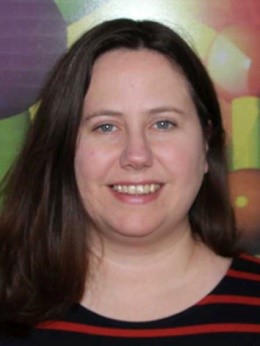 |
United Kingdom: Julie Bellingham, Head of Business Opportunities for International Facilities at STFC, UK. “I connect UK companies with contract and innovation opportunities at a number of large facilities funded by STFC. These include ESS, CERN, ESRF, ILL, FAIR and the SKA. I also work with the other ILOs and facilities to ensure best practice in their procurement rules and procedures.” |

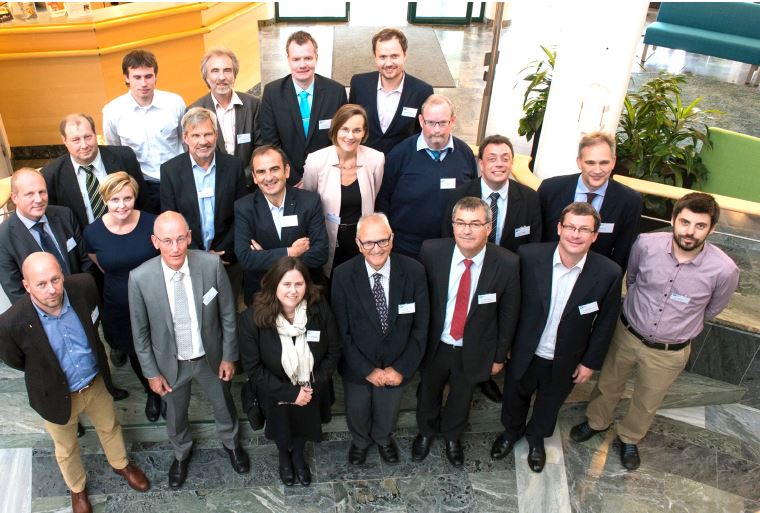
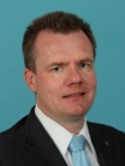
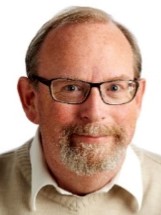
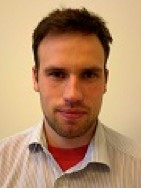
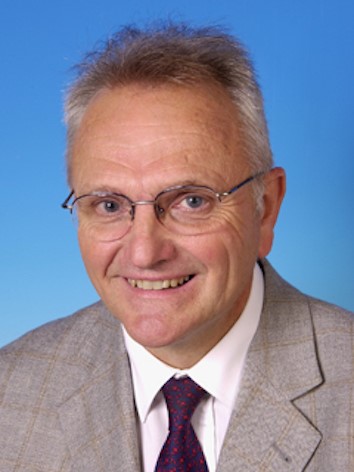
.jpg)
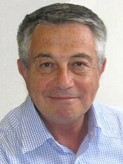
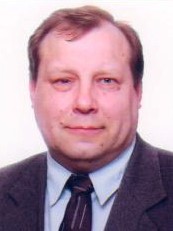
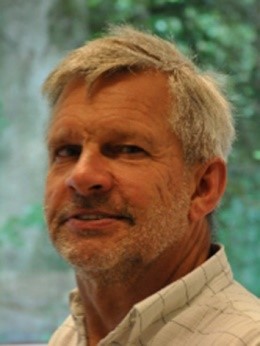
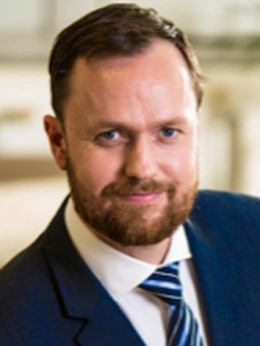
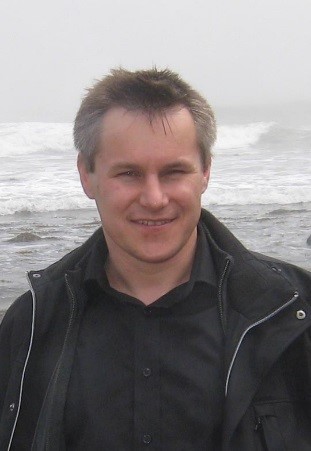
.jpg)
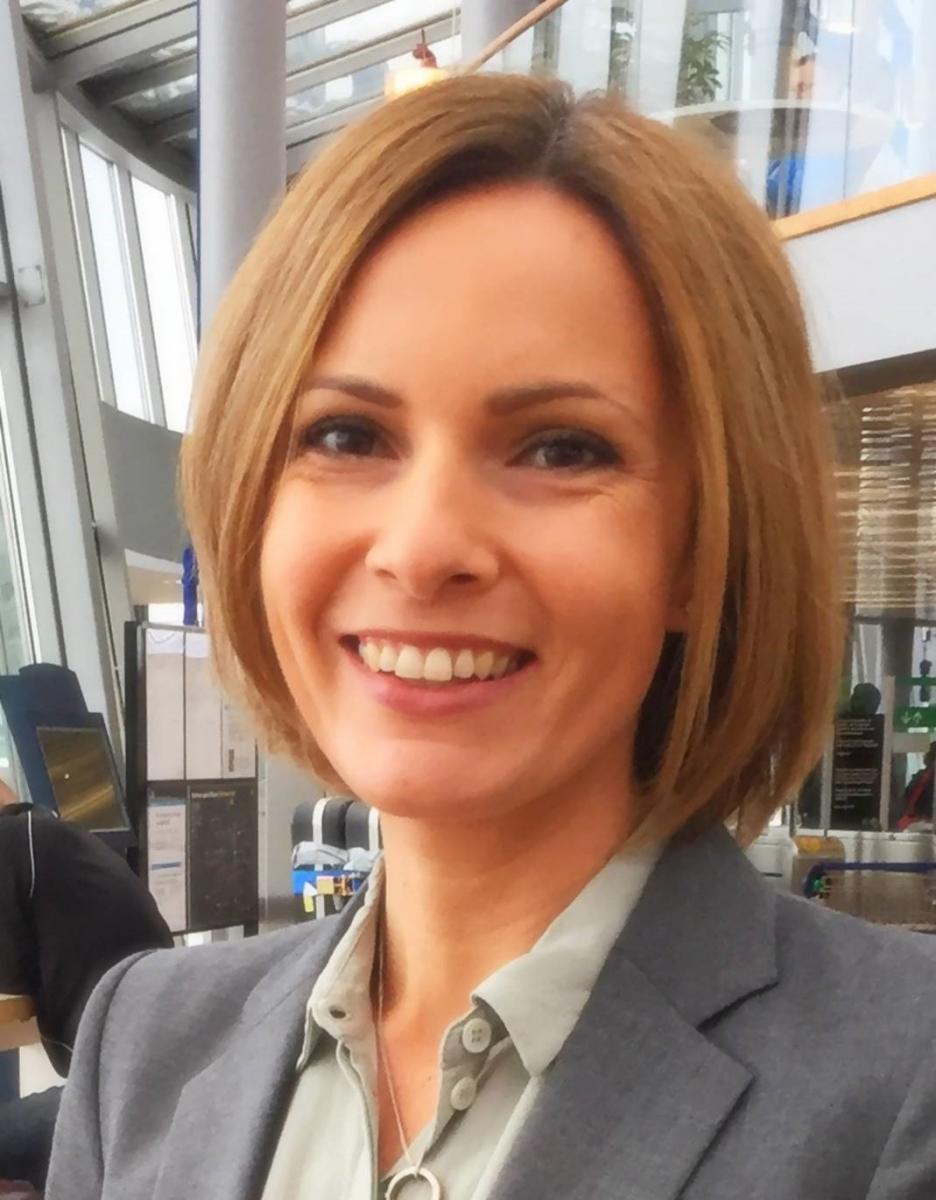
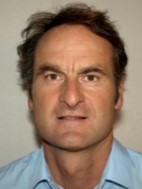
 is funded by the European Union Framework Programme for Research and Innovation Horizon 2020, under grant agreement 676548.
is funded by the European Union Framework Programme for Research and Innovation Horizon 2020, under grant agreement 676548.